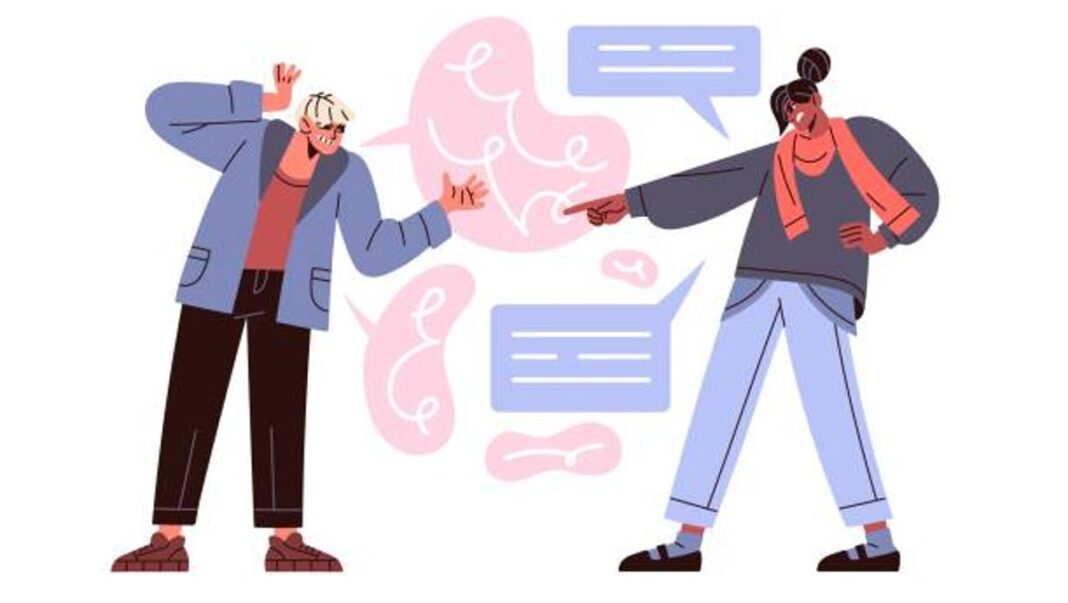Can Politics Fit into the World of Social Media Books? Exploring the ‘Reading is Political’ Discussion
In November, a significant divide emerged within one of the leading online reading platforms.
The controversy began post-election as political discussions spilled over into BookTok. On one side, some readers pleaded for the separation of politics from literature, while on the flip side, others contended that discussing politics is essential because “reading is political.”
This debate further proliferated across various social media platforms. YouTuber Shelley Fleuridor from the UK scrutinized the situation on her channel as American BookTok creators engaged in heated discussions concerning the 2024 election. She noted that while she had witnessed drama online before, this particular situation was unprecedented.
As the presidential inauguration approached and the political climate shifted, the issues persist.
Are Politics Appropriate in Bookish Spaces?
Jodi Picoult, the author known for works like “My Sister’s Keeper” and “By Any Other Name,” weighed in with a TikTok video. In it, she placed her books in front of the camera, revealing that readers had urged her to avoid political commentary.
“I’m going to stick to my books today,” she stated in the video. “This is my book about trans rights. This is my book about school shootings. This is my book about American eugenics.”
In a recent chat with YSL News, she expressed, “I don’t know a single writer I know who doesn’t see all art as political. We choose to tell stories for reasons.”
However, she emphasizes that this doesn’t mean imposing a political agenda on others. “Those who insist that books or movies aren’t political are essentially saying, ‘I want stories that align with my own perspectives and beliefs.’”
Nonetheless, some readers are against the blending of politics with BookTok.
Morgan Capehart, a reader from Houston, voiced her frustrations shortly after the election on TikTok, explaining that BookTok provides her with stress relief during her evenings after caring for her children. Although she chose not to disclose her voting preference, she found herself facing negativity for wishing to keep politics out of book discussions. She was particularly upset with authors who stated, “If you voted for this person, stop buying my books and unfollow me.”
“I just want to see people enjoying themselves; I don’t want it to turn serious,” she shared with YSL News. “Yes, some topics are serious, but I long for a peaceful atmosphere where disagreement is acceptable. I just wish everyone could get along.”
Since sharing her initial video, she has discovered other creators who also prefer to keep political issues away from book discussions.
Independent dark romance author E.Y. Kelley expressed her discontent regarding a “red list” of authors who backed Donald Trump or asserted they didn’t want politics on their social media.
“My identity as an author differs from my life as an individual, and I refuse to impose my beliefs on others,” Kelley stated. “All I conveyed was that disrespect is unacceptable, irrespective of one’s political stance, red, blue, or otherwise. That alone drew criticism because I wasn’t willing to publicly disclose my voting choices.”
Books Are ‘Inherently Political,’ Say Readers and Authors
Capehart acknowledges that books can hold political significance, yet she disapproves of how the discourse escalated in November, causing backlash against those unwilling to engage. “A book about dragons isn’t going to change the election,” she remarked.
Conversely, others assert that political discussion is crucial in online book communities, especially in light of today’s book bans and censorship challenges. Tony Weaver, Jr., author of the children’s book “Weirdo,” highlighted the historical context of anti-literacy laws from 1740 to 1867, which barred both enslaved and free Black Americans from acquiring reading or writing skills.
“Many find it unsettling to confront the reality of history, both in the U.S. and globally,” he said. “People dislike grappling with the fact that individuals who look like me were prohibited from learning to read and could face fatal consequences for doing so.”
He also pointed out that books often contain substantial political themes, even those that may initially seem purely escapist. For instance, fantasy literature frequently addresses concepts of justice and power, while romance novels explore societal norms and gender roles.
Fleuridor believes the real issue lies in the framing of political discussions. She argues that it transcends mere electoral talks, instead reflection of deeper values and beliefs.
“Recognizing the political dimensions of literature enriches the experience rather than detracts from it,” she noted. “It allows readers to connect broader story themes to real-world issues, encouraging meaningful discussions with a diverse range of people.”
For Picoult, creating entertaining stories is only part of her mission.
“It’s a misconception to assume that readers are meant to be solely entertained when they pick up a book,” Picoult explained. “Our responsibility is to engage you, yes, but also to provoke thought about narratives rooted in reality when you turn that last page.”
“To think an author isn’t driven by their political views or a desire to spark conversations through their writing reflects a narrow perspective of artistic intention,” she added.
Responding to Influential Social Media Book Creators
Weaver takes particular issue with influencers possessing large followings. He argues that it extends beyond personal choices about what escapist literature to enjoy. These influencers can shape industry trends, signaling to publishers readers’ interests and preferences. Furthermore, the publishing industry predominantly represents white narratives.
The discourse surrounding “reading is political” is intertwined with a broader dialogue about representation in literature, authorship, and access to books, as Weaver contends.
“People enthusiastically embrace the idea of dismantling oppressive structures affecting their lives,” he pointed out. “But when confronted with the reality that publishing is part of the system preventing diverse voices from reaching readers, they tend to disengage.”
Clare Mulroy is the Books Reporter for YSL News, where she engages with trending releases, interviews authors, and explores reading culture.

